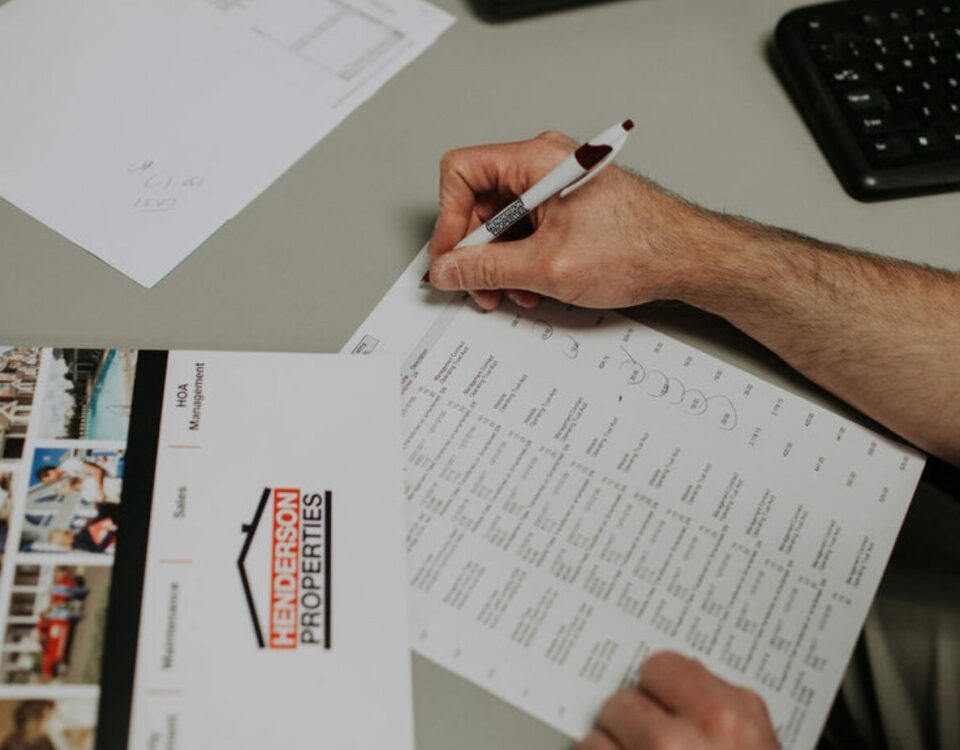- Walk-in Traffic is by Appointment Only - More Details
10 Reasons to Buy a Home Rather than Rent
First Time Homebuyers: 3 Questions to Ask Yourself
May 20, 2013HR News – And The Winner Is –
May 24, 2013
- You’ve heard the news. Home prices and interest rates are low right now. If you were to add up all the payments you’ll make over the life of a mortgage loan and compare it with the sum of all the payments you’ll make over the same amount of time renting, the total of owning a home will be significantly less than renting.
- The savings aren’t just reflected in the amount of your monthly mortgage payment. When you own a home, things like your auto insurance premiums drop, presumably because you’ve demonstrated your maturity, trustworthiness, and reliability.
2) It’s Like a Savings Account
- When you write a check each month as a renter, your money gets removed from your bank account and you never see it again. Your landlord takes it, deposits it, uses some to pay for upkeep and maintenance and other fees, and then keeps the rest for him or herself. Owning a home, on the other hand, is kind of like putting money into a savings account each month because you know you’ll be able to recoup the money by selling the house. That’s what’s known as a powerful asset.
3) It’s Like an Investment Account
- The economic crash of 2008 notwithstanding, home values generally trend upward. What this means is that if you buy a home, in ten years there’s a good chance that you’ll be able to sell it for more than what you paid for it. This is because of general annual inflation where the price of everything generally goes up a little bit each year, but also will reflect any kind of modifications you did to the home. For example, if you put in a patio, bought a new roof or windows, added a fence, or in some cases even planted a few trees, the resale value of your home goes up.
4) You Can Borrow Money from Yourself
- When you own a home, you can ask for a home equity line of credit. This means two things. One, you can borrow back the sum of the payments you’ve made since buying the home, and two, you can borrow against the amount your home has increased in value since you purchased it. If you purchased a home for $100,000, made payments and improvements that increased its value, all while home prices slowly increase, you could potentially take out a home equity loan to use for whatever expense you want in the amount of the difference.
5) It Gives You a Reliable Sense of Permanence and Stability
- When renting, your landlord could decide to sell off the home at the end of your lease, or otherwise decide to kick you out through no fault of your own. In addition, when you’re renting and forced to ask permission to do anything to make the home truly “yours,” it’s hard to feel a true connection. You feel, quite rightly, like a mere resident, a kind of stand-in, among your neighbors. There’s something about owning a piece of property, keeping up the lawn, and paying taxes in a community that makes you feel much more connected to what’s happening around you.
6) It’s Yours, and Nobody Can Stop You
- As mentioned above, making minor changes to a home’s aesthetics can really affect how much “at home” you feel in the place. When renting, you usually have to ask for permission to make any kind of changes, from putting in a new tree to painting one of the walls. There’s almost something subservient about it. Yet when you own, everything is up to you. If you feel like painting the walls blue, go for it.
7) Tax Incentives
- Even if you generally get a pretty hefty tax return at the end of the year, when you own a home it tends to be bigger, year after year. This is because the interest you pay throughout the year, which in the early stages of a mortgage is quite a bit, can be deducted from your reported income on your taxes. In other words, if you paid $16,000 just in interest in a given year, you get back the taxes you paid on that amount in each paycheck. You can also include the miscellaneous expenses incurred in purchasing the house, like closing fees and private mortgage insurance, to get a portion of them back on that year’s tax return as well.
8) Build Your Credit
- There’s a number that promises to have a huge effect on what happens in your adult life. This number is referred to as a FICO score, which is what lenders assign you based on your credit history. Buying a house and reliably making payments on time is a huge financial responsibility, and your credit score will reflect it. This means you can look forward to respect when applying for other kinds of loans, and ultimately save money with better interest rates on automobile loans and credit cards.
9) Protection against Inflation
- Inflation, on average, is right around 3 percent a year. If you sign a two year lease, then, you might expect your rent to go up by as much as 6 percent when it comes time to renew. You can count on this happening for the foreseeable future, too, meaning if you’re still renting in 10 years you could potentially be paying 30 percent more than you do right now. A mortgage payment, on the other hand, is an agreed upon figure from day one and won’t change unless you actively make the choice to pursue a refinancing, and even that may end up decreasing your monthly obligation if you can get a lower rate.
10) Personal Satisfaction, and Knowing You Can Do It
- A lot of buyers, first-timers especially, are put off by what they perceive as financial jargon and scam artists. If you can find a reputable real estate and mortgage agent, which isn’t hard to do if you ask around, you can rest assured you have someone working in your best interests, and that can be quite a rewarding experience. Once you close on your home and the seller hands the keys over to you, you’ll come to truly understand that there’s no better feeling than coming home after a long day.
Shelly Henderson
Shelly proudly calls herself a “Charlottean,” having lived in the city since her elementary school years. As Henderson Properties’ co-founder with her husband Phil, she oversees daily operations, social media branding, and leadership development. Her diverse life experiences, both uplifting and challenging, inspired her first book, Starting From Scratch. With a servant’s heart, Shelly leads with purpose and passion. She is also a proud mom to two sons, whose successes as young adults continue to fill her heart with joy. Thanks for reading!



